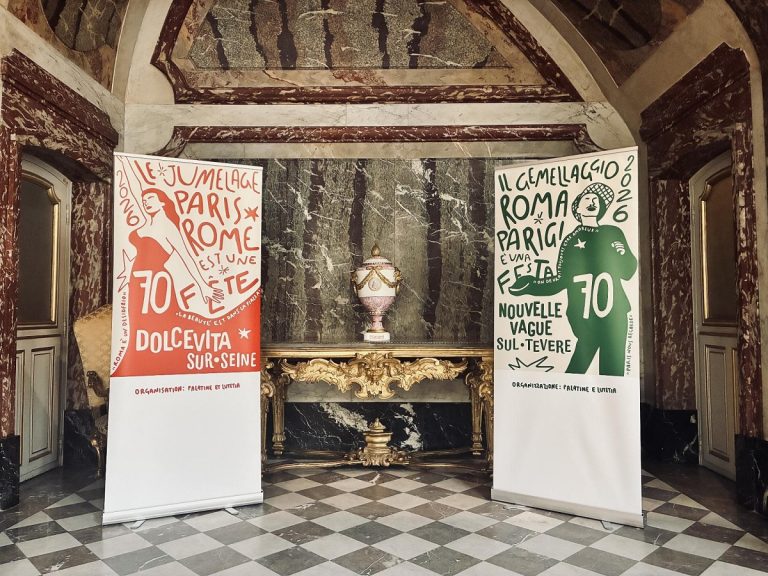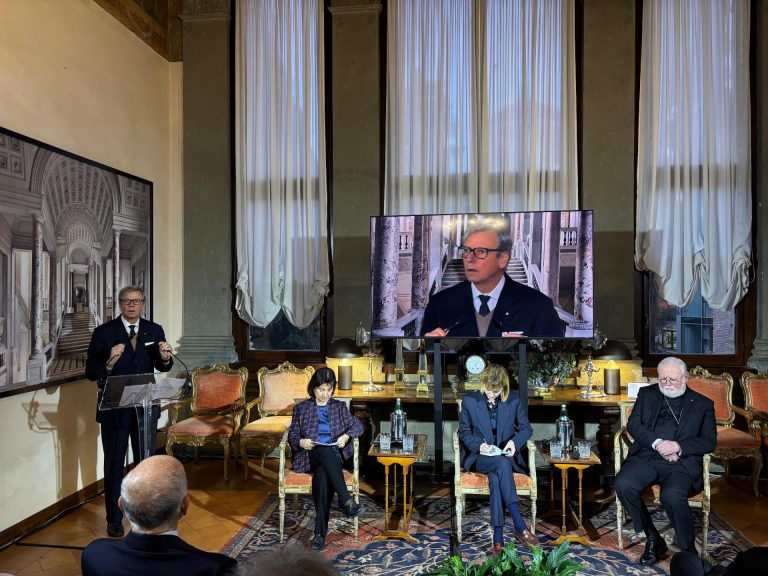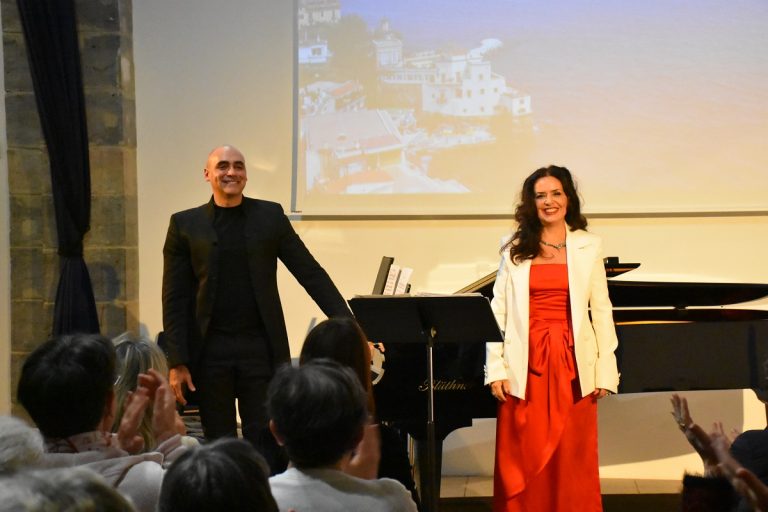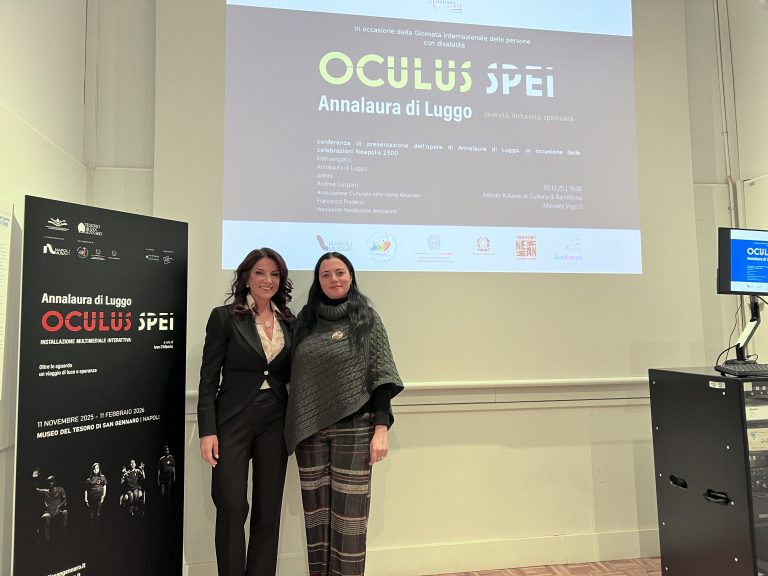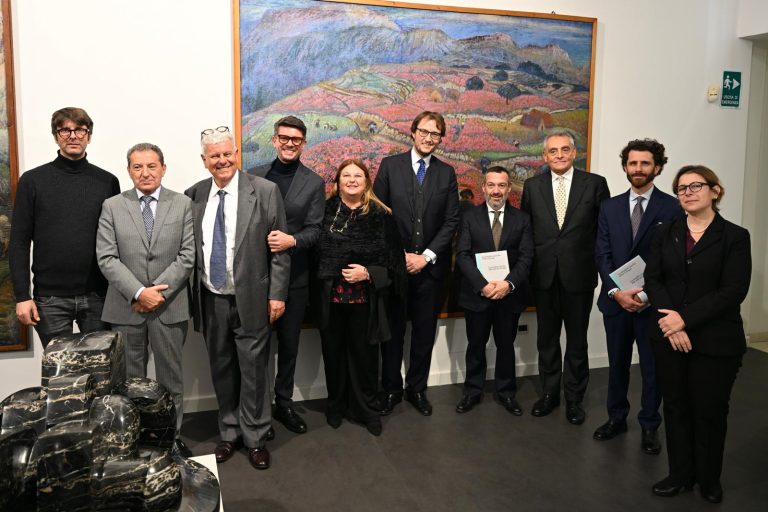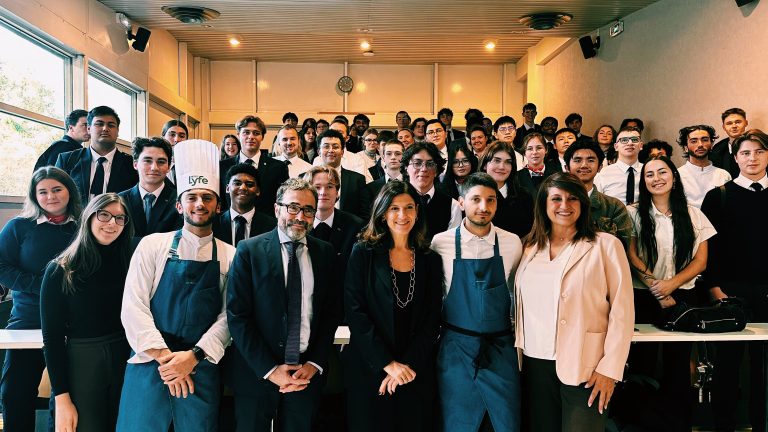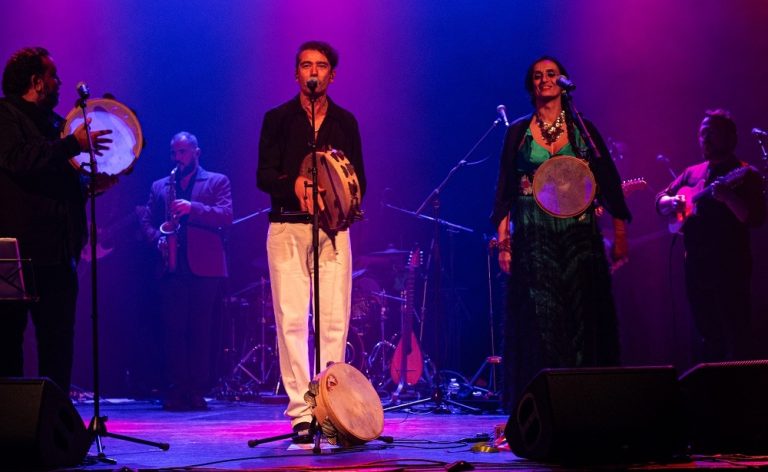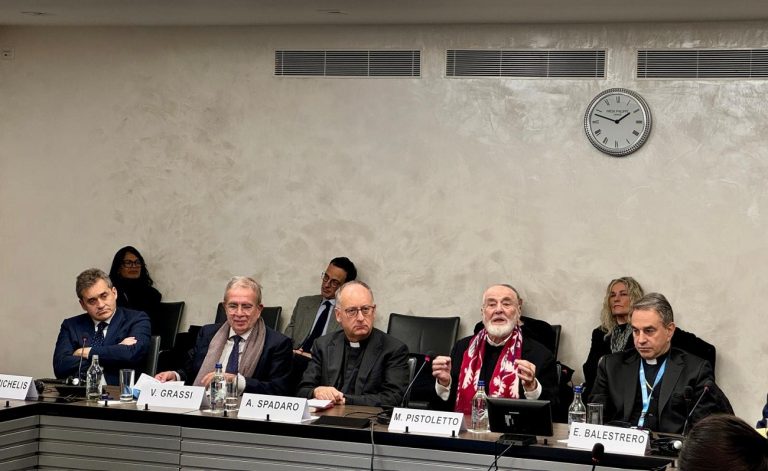To commemorate the International Holocaust Remembrance Day, the Italian Cultural Institute, in association with the Tolerance Centre and the City of Zagreb, will stage Brundibar, the children’s opera performed in the lager of Theresienstadt (in the modern-day Czech Republic) by young detainees, none of whom survived the imprisonment.
It is the first time that the opera, written by Hans Krasa, with a libretto by Adolf Hoffmeister, will be performed in the Croatian language in a Country in which inter-ethnic resentment is still strong after the war of the ‘90s. In some cities, for example Vukovar, students are divided in schools for Serbians and for Croatians ever since primary school. The orchestra will be conducted by Michelangelo Galeati, professor at Rome’s S. Cecilia Conservatory, who has already conducted Brundibar in Lithuania and in Italy, and the stage director will be Kresimir Dolencic. It is of particular significance that the director of the Tolerance Festival, Branko Lustig, the winner of two Oscar awards as the producer of “Schindler’s List” and “Gladiator”, is one of the very last survivors of Auschwitz.
The first performance of Brundibar in Theresienstadt was held in1943 and was so successful that it was shown 55 times as part of the Nazi propaganda that wanted to prove that cultural activities were performed in the concentration camp. On 23 June, 1944, it was performed for the representatives of the International Red Cross who were supposed to witness the good living conditions in the lager but that day marked the beginning of the tragedy. As soon as the Red Cross officials left, there was a clampdown and a sudden worsening in the living conditions of adults and children. In only a short time, all the small performers and the very author were taken to Auschwitz and killed in the gas chambers. The librettist was the only one who survived.
Performing Brundibar on Holocaust Remembrance Day is meant to be a contribution and a strong message against all forms of violence and subjugation, against humiliating minorities, against offending human dignity. And, at the same time, it is a call for dialogue, a call to culture, in its highest connotation, as the instrument of mutual understanding and of accepting diversity.

